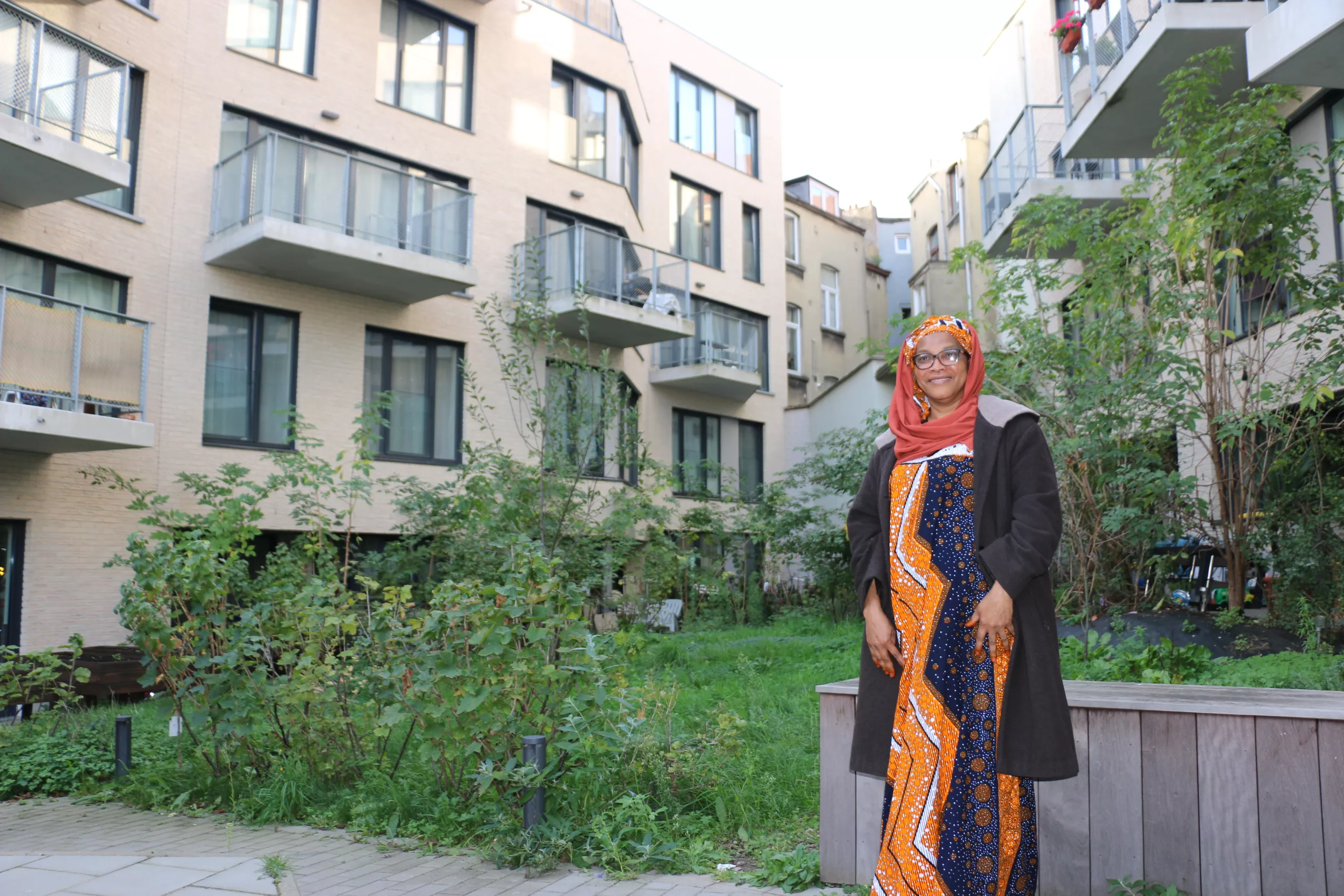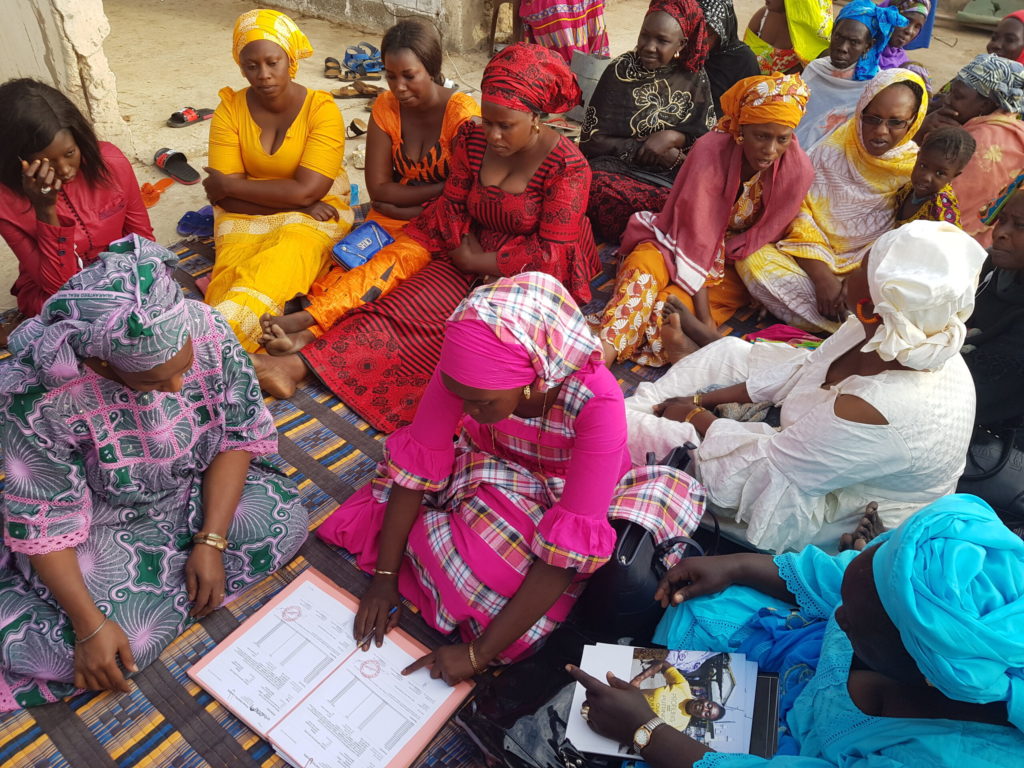For four decades, the World Habitat Awards have built a global network of innovation. They have recognised practical, transferable solutions such as Housing First, green construction, and land rights initiatives. This report highlights some of the bold ideas and collaborative action we can take to build a fairer future where everyone has a safe and secure home.
or scroll down the page for summaries and links to each chapter
Foreword
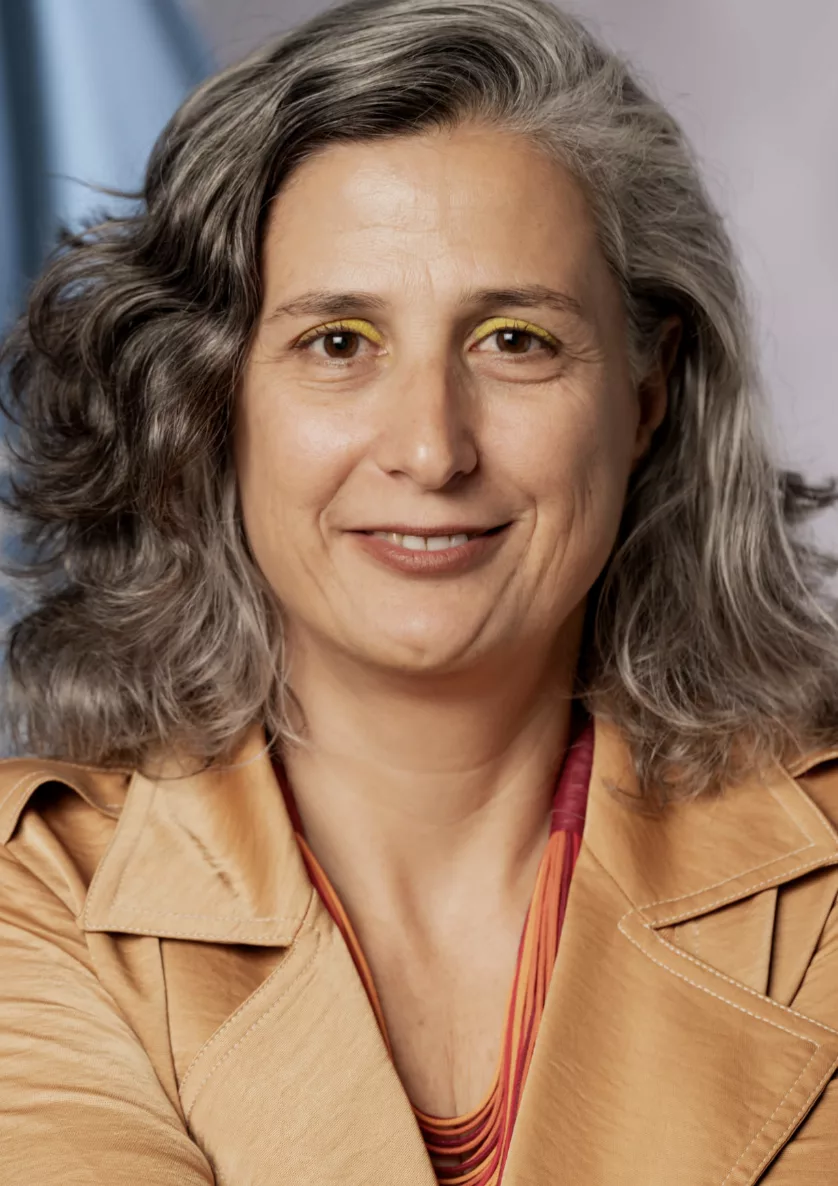
Anacláudia Rossbach, Under Secretary and Executive Director of UN-Habitat
“The World Habitat Awards are particularly dear to us at UN-Habitat because they highlight the essential role of adequate housing as a foundation for health, dignity, safety, inclusion, and wellbeing. Adequate housing is more than just four walls and a roof. It is a home that is secure and connected to services, employment opportunities, and urban life.
Recognising housing’s profound impact on quality of life, the Awards celebrate initiatives that not only address immediate housing needs but also promote inclusive and sustainable development, directly contributing to the Sustainable Development Goals.”
The world we live in, and how we live in it
300 million+
estimated homeless people worldwide
67 per cent
of global private net worth stored in real estate
80 per cent
of cities have insufficient affordable housing
42 years
average life expectancy of unhoused person in europe
1.1billion
people living in slum conditions globally
39 per cent
of global carbon emmissions generated by construction sector
1. Homelessness
Homelessness is rising across diverse national contexts, fuelled by displacement, unaffordable housing, land clearance, poor governance, and conflict. Yet evidence from award-winning projects shows that homelessness is solvable with coordinated, person-centred interventions.
Housing First, community organising, land rights advocacy and prevention programmes have protected thousands from eviction and enabled long-term stability.
Examples from Indonesia, India, Chile and the UK demonstrate how early intervention, legal empowerment and community-led development can dramatically reduce homelessness risk. With political will, the tools to eliminate homelessness already exist.

Key Messages
- Homelessness stems from systemic failures, not individual shortcomings.
- Prevention and legal empowerment are as important as emergency support.
- Housing First remains one of the most effective and replicable solutions.
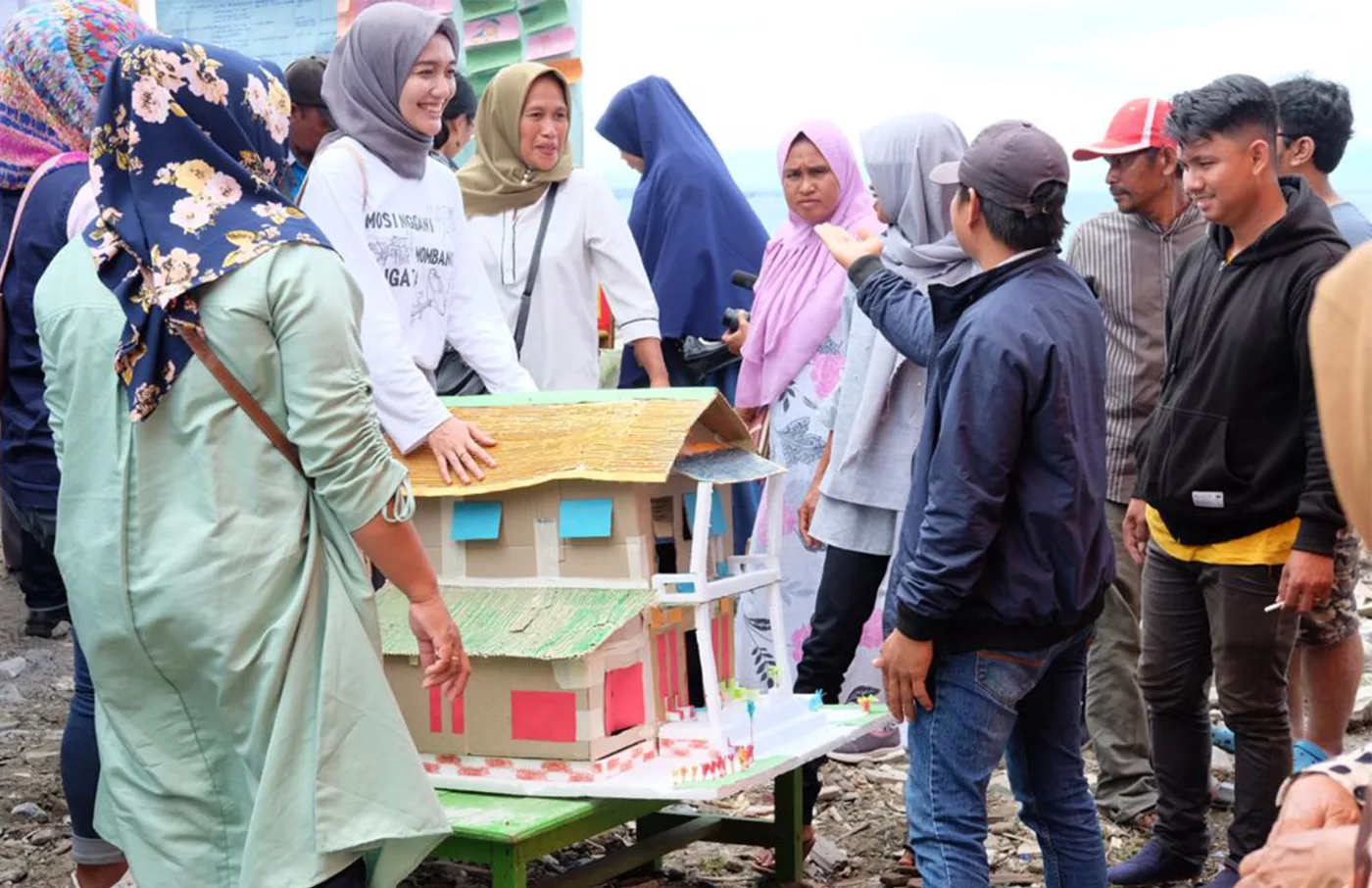
Key Messages
- Climate impacts will reshape global housing patterns and drive mass migration.
- Community-led recovery and adaptation delivers faster, more durable results.
- Low-carbon construction is critical to global climate mitigation.
2. Climate
The climate crisis is a housing crisis. Extreme heat, rising seas, floods, and storms are making entire regions uninhabitable and driving mass displacement.
Housing both shapes and suffers from climate impacts: construction generates nearly 40% of global emissions, while inadequate housing leaves millions highly vulnerable to disaster.
Projects recognised over 40 years demonstrate how communities can build resilience, adapt to changing conditions, and reduce emissions through local knowledge, sustainable materials, disaster-resistant design and early-warning systems. Scaling these models will be essential to protect lives and safeguard future housing systems.
3. Gender
Gender inequality continues to undermine women’s access to safe, adequate housing. From discriminatory land laws and economic violence to unequal care burdens and unsafe living conditions, women face systemic barriers worldwide.
Award-winning initiatives demonstrate how women-led solutions can address these challenges. Examples range from safe homes for women fleeing violence, to co-housing models designed to prevent isolation in later life, to training programmes that empower women to build climate-resilient homes.
These projects show that housing is fundamental to women’s safety, autonomy, economic participation and long-term wellbeing.
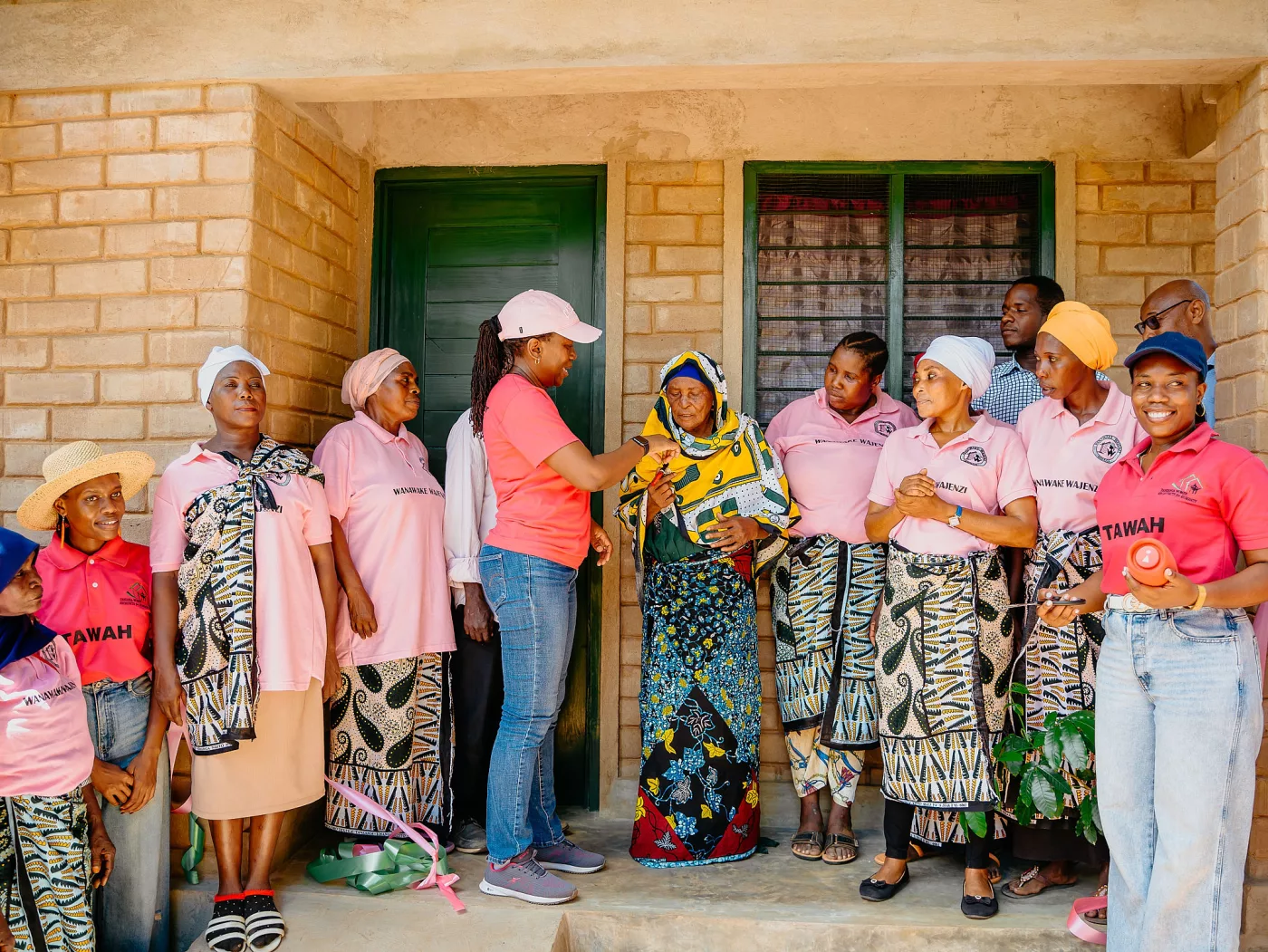
Key Messages
- Secure housing is foundational to women’s equality, safety and economic independence.
- Women-led housing models deliver powerful social and community benefits.
- Legal and structural barriers continue to restrict women’s land and housing rights.
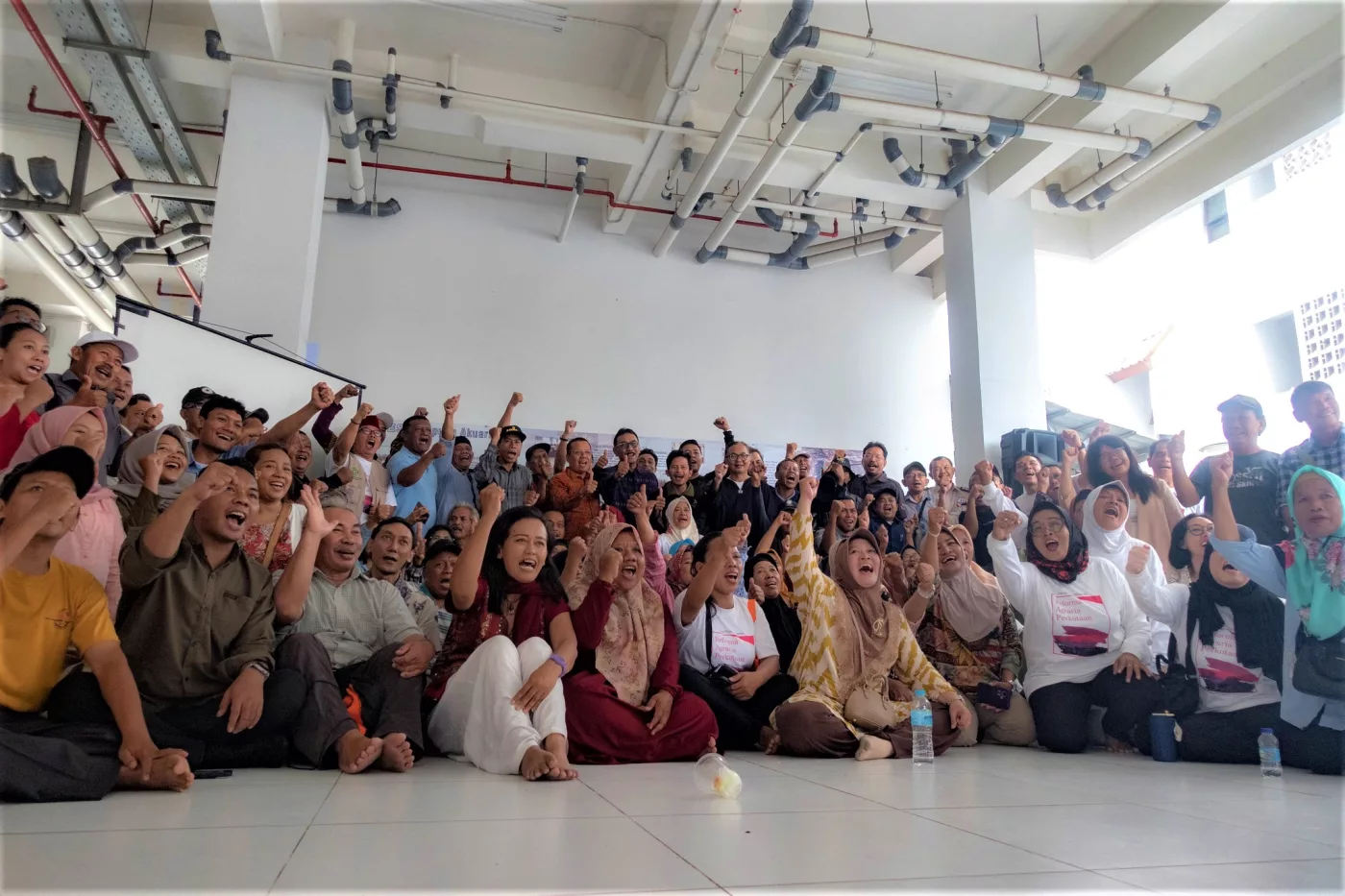
Key Messages
- Land security is a prerequisite for sustainable, adequate housing.
- Community organising can shift government policy and prevent mass eviction.
- Strengthening women’s land rights delivers multidimensional development benefits.
4. Land Rights
Secure land rights are essential for housing justice, yet millions remain at risk of eviction and displacement. Across 40 years of award-winning projects, community-led advocacy has protected land tenure, prevented forced evictions and enabled long-term stability.
Initiatives in Indonesia, India and across Africa show that legal empowerment, collective action and political negotiation can transform residents’ security and unlock investment in safer, more resilient homes.
Land rights are also pivotal for gender equality, climate resilience and poverty reduction. Strong governance and community organising remain the most effective tools for change.
5. Inclusion
Inclusion is not an optional extra: it is fundamental to resilient, equitable housing ecosystems. Inclusivity ensures that marginalised groups—whether defined by gender, disability, age, ethnicity, or migration status—can access safe, adequate homes and participate fully in community life.
Award-winning initiatives highlight models that centre dignity, participation and representation. This includes resident-led rebuilding efforts, co-designed housing developments, cultural inclusion, and social infrastructure that supports belonging.
Inclusive design strengthens social cohesion and produces better outcomes for all residents.

Key Messages
- Inclusion must be embedded across all levels of housing policy and design.
- Community participation produces more durable, context-appropriate housing solutions.
- Inclusive systems strengthen social cohesion and long-term resilience.
Afterword

Rumana Kabir, World Habitat trustee and policy lead at the UK Government’s Ministry of Housing, Communities and Local Government.
“Over the last four decades the great strength of the awards has been the variety of scale it embraces, from tiny community regeneration schemes benefiting a handful of people and funded on a tiny budget to huge national and even international housing projects. That is brilliant, and inspiring for everyone who engages with the work we do to chart the progress that is being made all around the world.
Every single project we reward, in the past and in the future, matters. Solving the world’s problems always starts with a small first step, but World Habitat will help to take that next, great leap forward”
Established in 1985 as a partnership between UN-Habitat and World Habitat, the Awards have consistently championed creative and practical approaches to housing challenges
Anacláudia Rossbach, Under Secretary and Executive Director of UN-Habitat
Dive into the report
to find out more about 40 years of housing innovation
